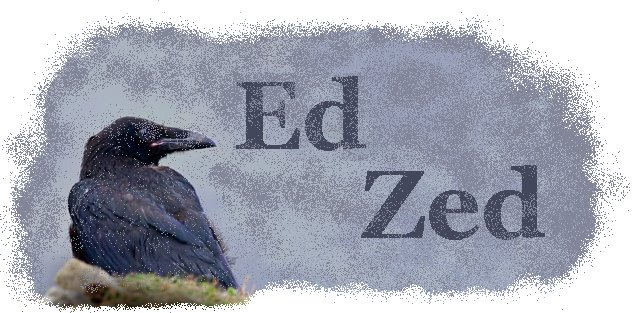 |
| Shipping from Hong Kong (Credit: ChungYipWong) |
A Book That Sets the Stage
Before exploring how emotional intelligence (EQ) and culture have combined to power China’s market success, it helps to look at one of the most influential guides to EQ in the modern workplace: Emotional Intelligence 2.0 by Travis Bradberry and Jean Greaves.*
This bestselling book distills EQ into four key skills—self-awareness, self-management, social awareness, and relationship management—and provides practical strategies to strengthen each. Unlike many academic texts, it is concise, hands-on, and designed for real-world application. Its central message is clear: EQ is more important than IQ for success, and it can be learned and developed over time. By equipping readers with tools to better understand themselves and navigate relationships, Emotional Intelligence 2.0 has become a go-to manual for leaders, workers, and students alike.
With this framework in mind, we can better appreciate how EQ, when combined with cultural intelligence, is shaping China’s position as a market-savvy global producer.
How Culture and EQ Drive China’s Market Success
China’s rise as a market producer isn’t just about scale, cheap labor, or government policy (though those are all important). Equally important are how people think, feel, relate to each other, and how business culture has evolved. Many elements of what we might call EQ or cultural intelligence are embedded in institutions, tradition, education, and the daily lives of both workers and executives. Below are the key components of how culture + EQ combine to produce competitive advantage—especially under today’s fast-changing conditions.
Key Cultural Assets that Amplify EQ
-
Guanxi, Ganqing, Face (Mianzi) and Renqing
These concepts emphasize relationships, emotional bonds, respect, and reciprocity, creating trust-based networks that support business growth. -
Collectivism, Hierarchy, and the Value of Harmony
Group harmony and indirect communication foster stability and smoother negotiation, requiring high emotional sensitivity. -
Rapid Adaptation and Pragmatism
Chinese firms excel at learning quickly, experimenting, and scaling, guided by emotional intelligence in reading customers, regulators, and partners. -
Cultural Intelligence Across Regions
Success requires sensitivity to diverse local norms and consumer expectations, blending emotional intelligence with cultural fluency.
Emotional Intelligence in Practice
-
Soft Skills Training: Many young professionals now take EQ courses to sharpen their ability to navigate workplace dynamics.
-
Knowledge Sharing & Innovation: Studies show EQ improves psychological safety, fueling collaboration and creativity.
-
Leadership & Negotiation: EQ supports cooperative negotiation styles and helps leaders balance efficiency with empathy.
Why EQ + Culture Matters More Today
-
Rising competition demands differentiation through trust and customer loyalty.
-
Sophisticated consumers expect authenticity and emotional connection.
-
Complex regulation requires sensitive navigation.
-
Global partnerships depend on cultural and emotional fluency.
-
Social media amplifies both success and mistakes in managing customer sentiment.
-
Changing workforce expectations put pressure on leaders to build more respectful, humane workplaces.
Challenges Along the Way
While strengths are clear, challenges include excessive hierarchy, the risk of stifling open dialogue, and the tendency toward face-saving over transparency. Still, these constraints often coexist with creativity, producing unique ways of balancing harmony with innovation.
The Competitive Edge
By blending EQ with culture, China achieves:
-
Faster decision-making through trust networks.
-
Stronger alignment of products with consumer needs.
-
Greater resilience and adaptability in uncertain markets.
-
The ability to move up the value chain through differentiation.
-
Emotional storytelling in brands that resonate locally and globally.
Conclusion
By weaving emotional intelligence into its cultural fabric, China has not only mastered production at scale but also created a market edge rooted in trust, adaptability, and human connection—an advantage that will shape global commerce for years to come.
-------------------------------------------------------------
References:
To Boost Career, Young Chinese Focus on "Emotional Intelligence"
Unlocking Innovation Across the Organization: Key to Success in China's Consumer Market-Egon Zehnder
Editing Assisted by ChatGPT.
*Amazon affiliate- when you shop Amazon using this affiliate link, we are paid a small commission for what you purchase. You are not charged any additional fee. Thank you
